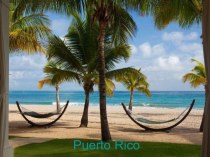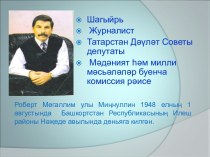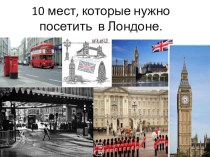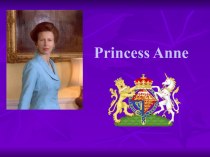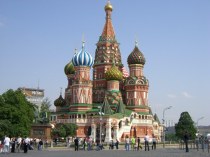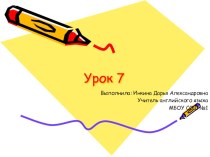- Главная
- Разное
- Бизнес и предпринимательство
- Образование
- Развлечения
- Государство
- Спорт
- Графика
- Культурология
- Еда и кулинария
- Лингвистика
- Религиоведение
- Черчение
- Физкультура
- ИЗО
- Психология
- Социология
- Английский язык
- Астрономия
- Алгебра
- Биология
- География
- Геометрия
- Детские презентации
- Информатика
- История
- Литература
- Маркетинг
- Математика
- Медицина
- Менеджмент
- Музыка
- МХК
- Немецкий язык
- ОБЖ
- Обществознание
- Окружающий мир
- Педагогика
- Русский язык
- Технология
- Физика
- Философия
- Химия
- Шаблоны, картинки для презентаций
- Экология
- Экономика
- Юриспруденция
Что такое findslide.org?
FindSlide.org - это сайт презентаций, докладов, шаблонов в формате PowerPoint.
Обратная связь
Email: Нажмите что бы посмотреть
Презентация на тему Great Britain
Содержание
- 2. ContentsGreat Britain on the mapNatureLakesEnglish QueenLondon is the capital of Great BritainEconomyPolitical system of Great BritainSights
- 3. National Flag of UK
- 4. Great Britain on the mapCapital: LondonPopulation:59,5 mln. Square:244000 square km Cash: English poundLanguage: English
- 5. POPULATIONPopulation grew thanks to urbanization and Industrialization.
- 6. Lakes… There are many rivers in
- 7. English Queen
- 8. London is the capital of Great Britain
- 9. The United Kingdom
- 10. Economy Great Britain is a highly
- 11. POLITICAL SYSTEM OF GREAT BRITAIN As
- 12. Sights
- 15. Stonehenge About 4,600 years ago
- 16. Picadilly Circus It is difficult
- 17. The Houses of Parliament. The
- 18. Hyde Park There are many public
- 19. Saint Paul's Cathedral
- 20. National Gallery Today the picture galleries
- 21. BIG BEN
- 22. The British Museum The British Museum contains
- 23. Trafalgar square. The column of Nelson.
- 24. The tower of London The tower of
- 25. Westminster Abbey Westminster Abbey is noted
- 26. Скачать презентацию
- 27. Похожие презентации
ContentsGreat Britain on the mapNatureLakesEnglish QueenLondon is the capital of Great BritainEconomyPolitical system of Great BritainSights
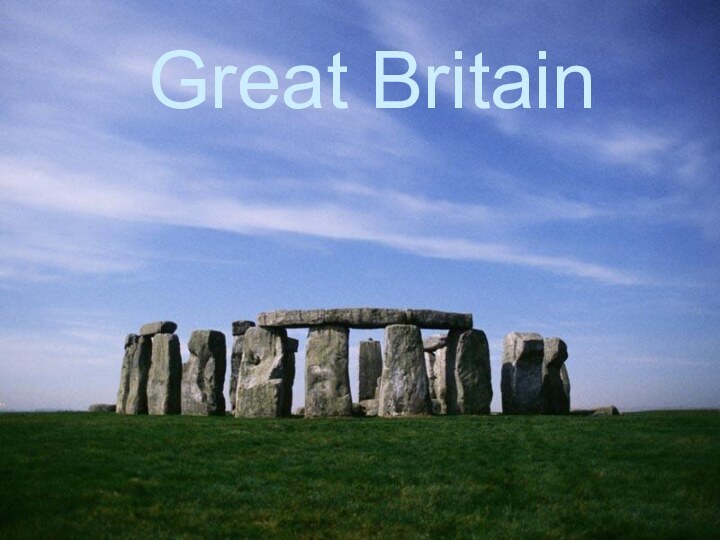

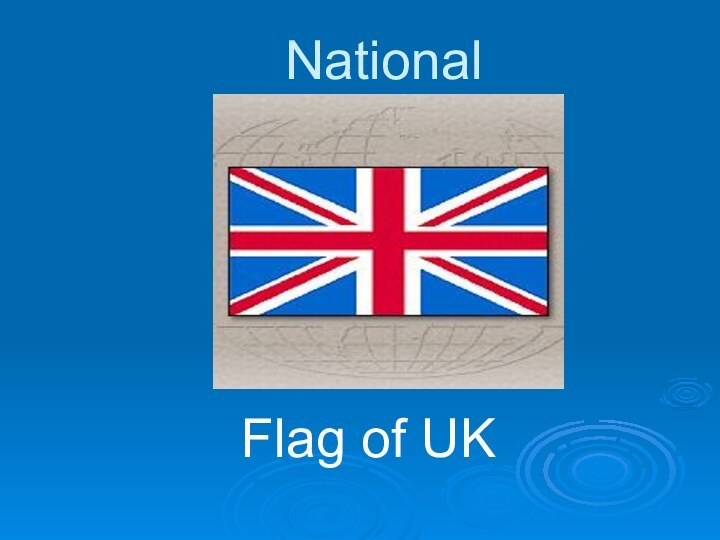
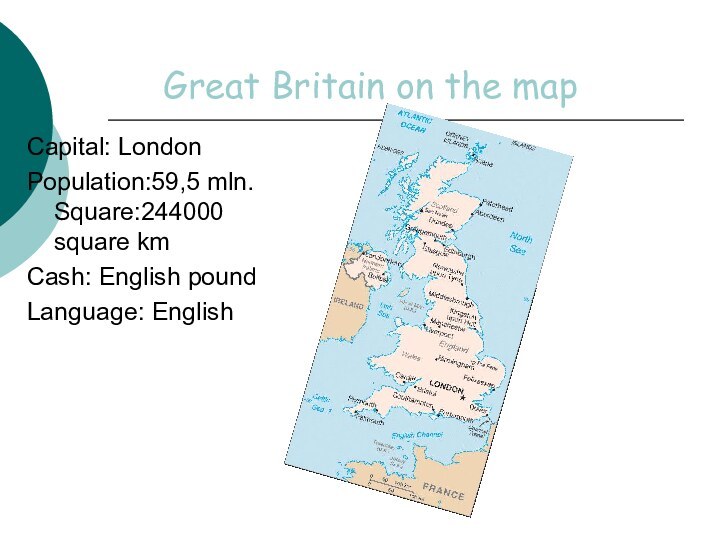
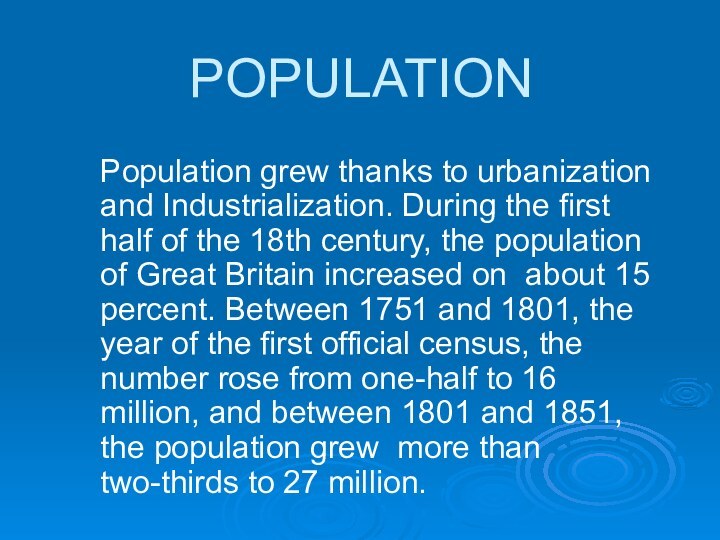
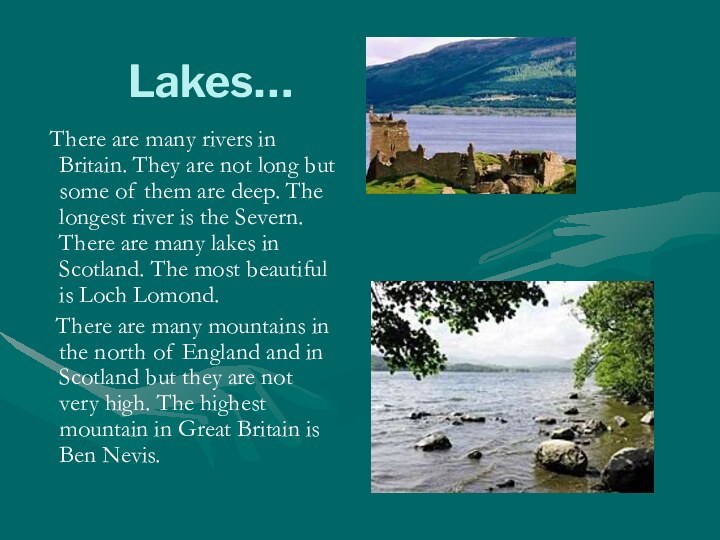
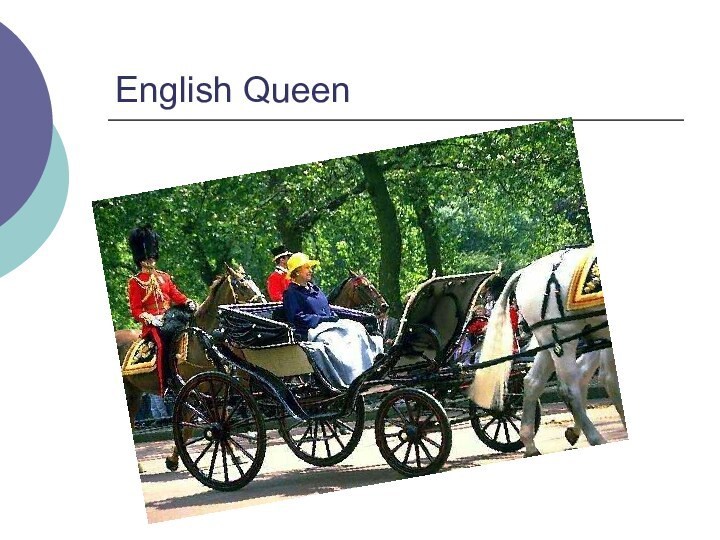
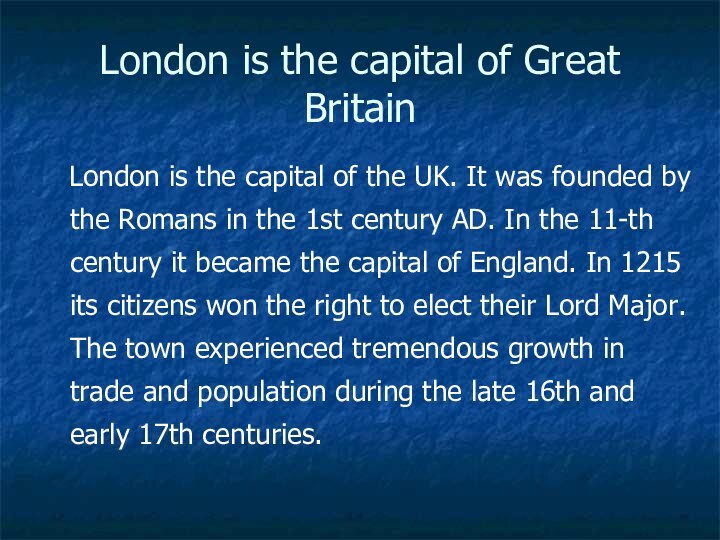
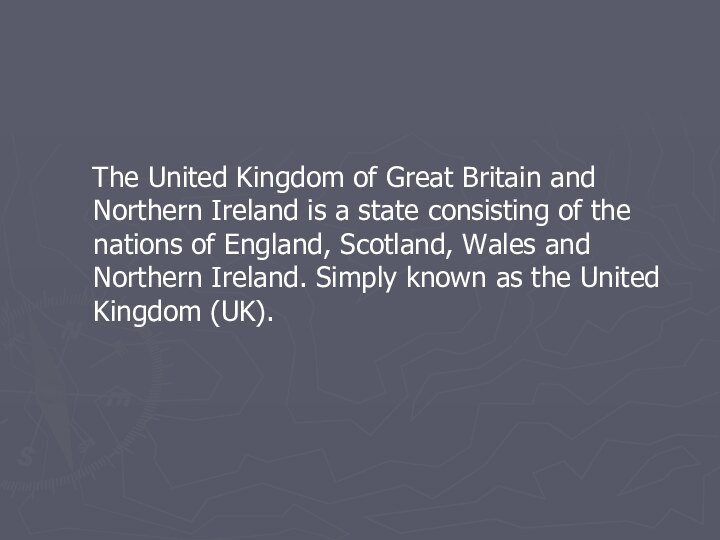
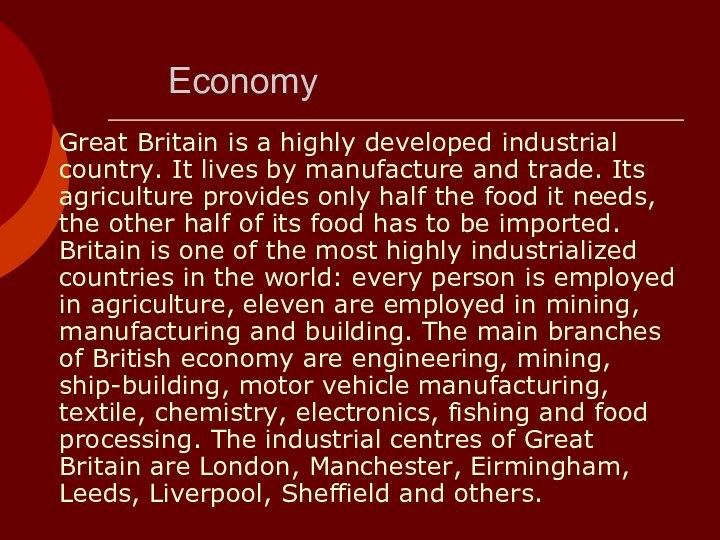

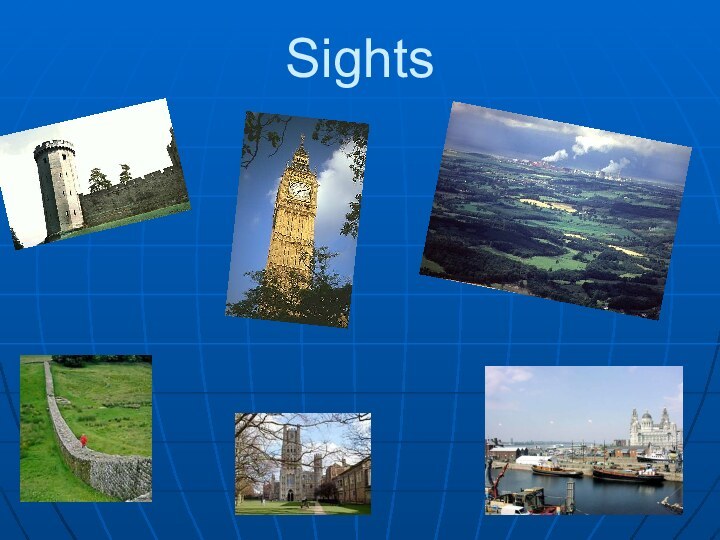
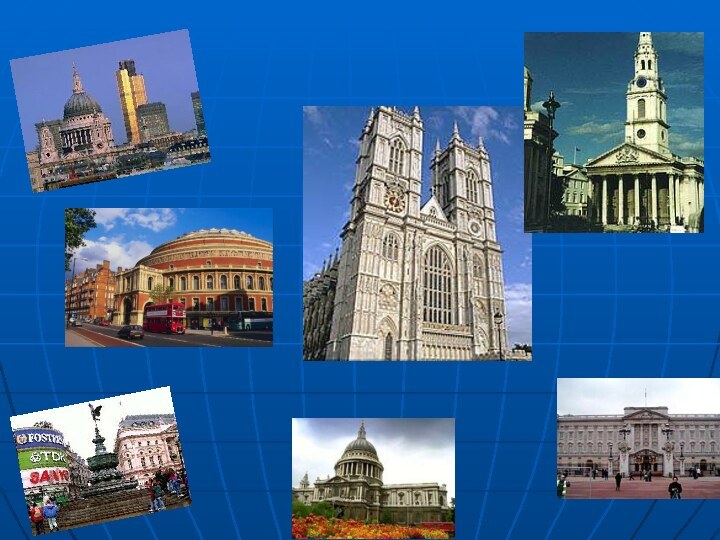
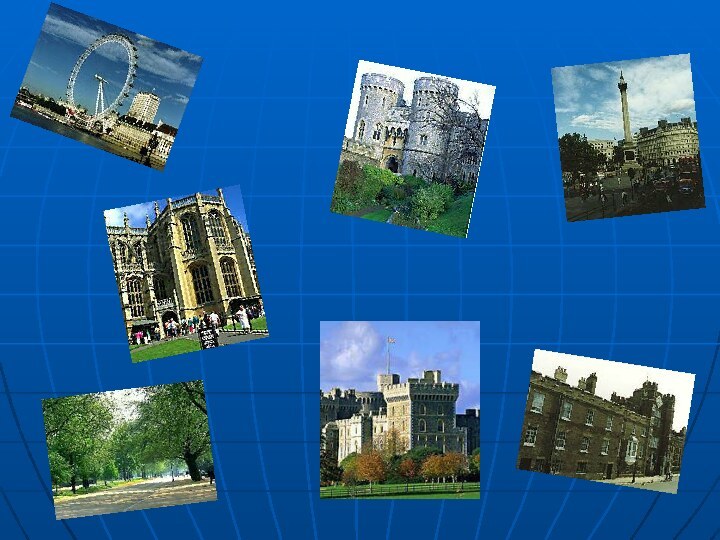

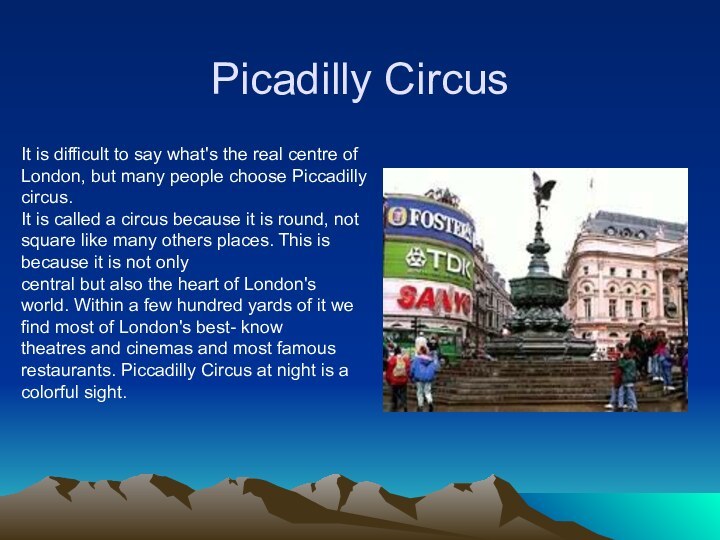
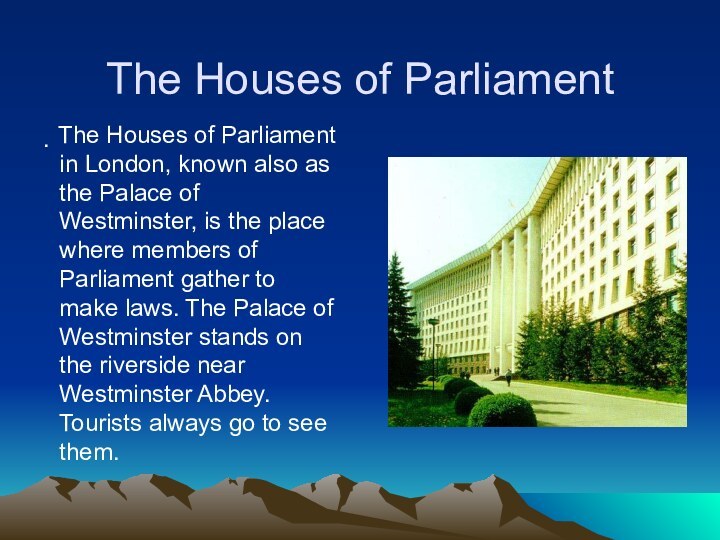
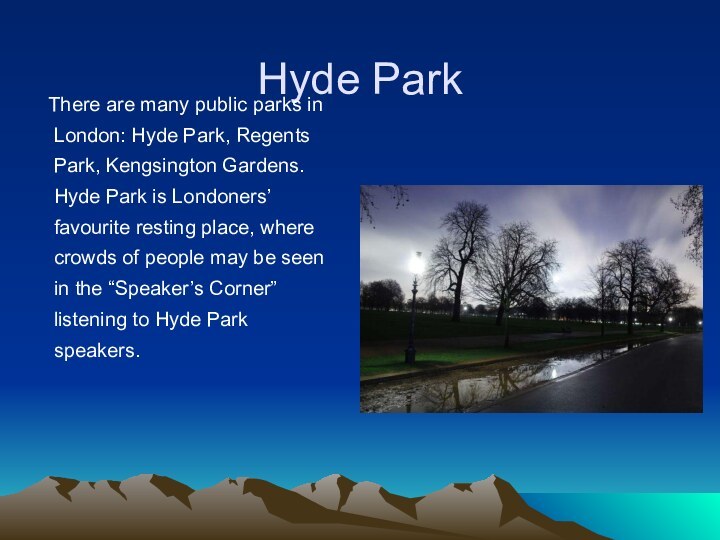
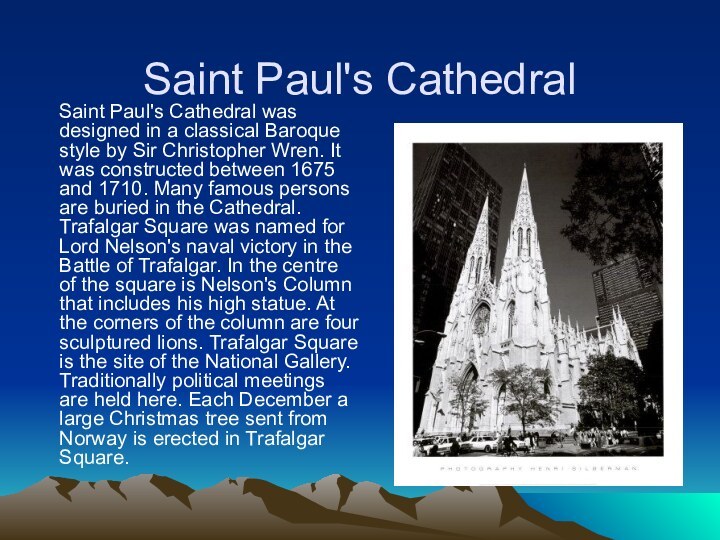

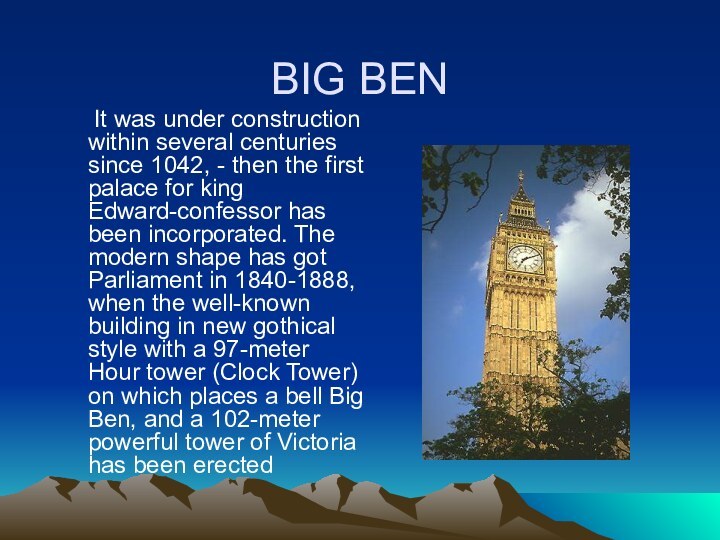



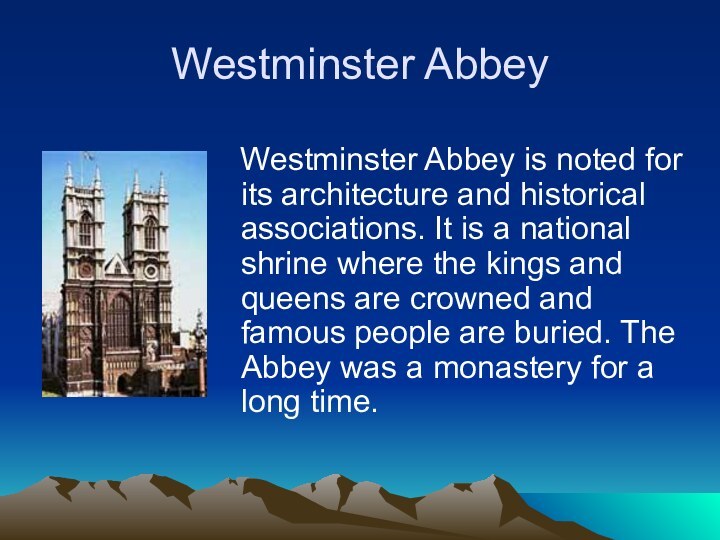

Слайд 2
Contents
Great Britain on the map
Nature
Lakes
English Queen
London is the
capital of Great Britain
Слайд 4
Great Britain on the map
Capital: London
Population:59,5 mln. Square:244000
square km
Cash: English pound
Language: English
Слайд 5
POPULATION
Population grew thanks to urbanization and Industrialization. During
the first half of the 18th century, the population
of Great Britain increased on about 15 percent. Between 1751 and 1801, the year of the first official census, the number rose from one-half to 16 million, and between 1801 and 1851, the population grew more than two-thirds to 27 million.
Слайд 6
Lakes…
There are many rivers in Britain.
They are not long but some of them are
deep. The longest river is the Severn. There are many lakes in Scotland. The most beautiful is Loch Lomond.There are many mountains in the north of England and in Scotland but they are not very high. The highest mountain in Great Britain is Ben Nevis.
Слайд 8
London is the capital of Great Britain
London is the capital of the UK. It was
founded by the Romans in the 1st century AD. In the 11-th century it became the capital of England. In 1215 its citizens won the right to elect their Lord Major. The town experienced tremendous growth in trade and population during the late 16th and early 17th centuries.
Слайд 9
The United Kingdom of
Great Britain and Northern Ireland is a state consisting
of the nations of England, Scotland, Wales and Northern Ireland. Simply known as the United Kingdom (UK).
Слайд 10
Economy
Great Britain is a highly developed
industrial country. It lives by manufacture and trade. Its
agriculture provides only half the food it needs, the other half of its food has to be imported. Britain is one of the most highly industrialized countries in the world: every person is employed in agriculture, eleven are employed in mining, manufacturing and building. The main branches of British economy are engineering, mining, ship-building, motor vehicle manufacturing, textile, chemistry, electronics, fishing and food processing. The industrial centres of Great Britain are London, Manchester, Eirmingham, Leeds, Liverpool, Sheffield and others.
Слайд 11
POLITICAL SYSTEM OF GREAT BRITAIN
As
to its political system it is a constitutional monarchy.
The power of the Queen (now Elizabeth II) is limited by Parliament which includes two Houses — the House of Commons and the House of Lords. The Prime Minister is usually the head of theparty which is in power. There are the following parties there: the Conservative Party, the Labour Party and the Liberal Party.
Слайд 15
Stonehenge
About 4,600 years ago –
or maybe more – the Stone Age inhabitants of
Britain started building an enormous stone structure. This structure is now called Stonehenge, and it is near Salisbury, in the South of England. The largest of the Stonehenge stones weigh 50 tons, and the smallest weight 5 tons. The people who started Stonehenge were primitive. They used no metal and their tools were made only of stone, bone and wood. Those primitive people usually spent all day, from sunrise to sunset, hunting, fishing and growing crops.They started to build Stonehenge in about 1,000 B. C. and finished it 600 years later. Thousands of men and women took part in building it.
Слайд 16
Picadilly Circus
It is difficult to
say what's the real centre of London, but many
people choose Piccadilly circus.It is called a circus because it is round, not square like many others places. This is because it is not only
central but also the heart of London's world. Within a few hundred yards of it we find most of London's best- know
theatres and cinemas and most famous restaurants. Piccadilly Circus at night is a colorful sight.

